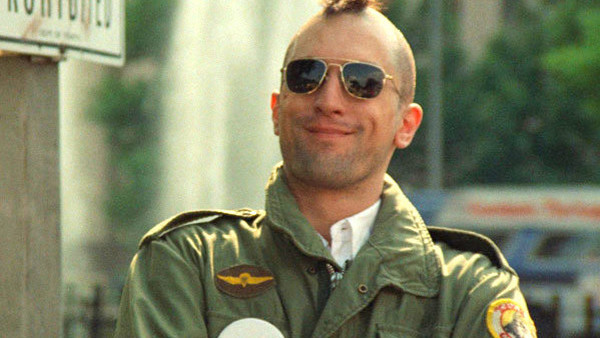Taxi Driver - What Does The Ending Really Mean?
2. The Anatomy Of A Vigilante

In order to understand Taxi Driver's ending we must first consider the character of Travis Bickle, and his real-life inspiration. First and foremost, Bickle is a veteran of the Vietnam War - a trauma the American public were decades away from reconciling with - and a cabbie in New York City. Perception at the time saw the US as a nation in decline, with crisis after crisis typifying the milieu, and New York - to many - was at its centre; crime, law and order were the hot-button issues of the day, exemplified most, perhaps, by the Son of Sam murders that took place the very summer Taxi Driver premiered in theatres.
De Niro's character thus occupies a unique importance in the seventies zeitgeist. His is a warpath spawned from the trauma of Vietnam, of assassinations and paranoia, and so thematically, it makes little to no sense to give Bickle a happy ending. One could certainly interpret the positive reception that greets his vigilantism as a satire of the nation's (and Hollywood's) fascination with law and order, with Bickle's ending glance and the inevitable repetition of the cycle a condemnation of his methods - but the point is to show it all as a dreamlike fantasy.
Assassins aren't celebrated by the masses - they're vilified. And though Bickle pursues the brothel alone, it was only hours before that he'd attempted to assassinate political candidate Charles Palantine. This was a fact the authorities were undoubtedly aware of, so it would be impossible for Bickle to return to his life as it was before, let alone a life he felt compelled to depart mere days earlier.
So, both logically and thematically, there is no basis for Travis to emerge after his shootout as a hero. But where does that leave the character? With the ending likely a fantasy or some other dream sequence, what actually happens to our eponymous cabbie as he's succumbing to his wounds?